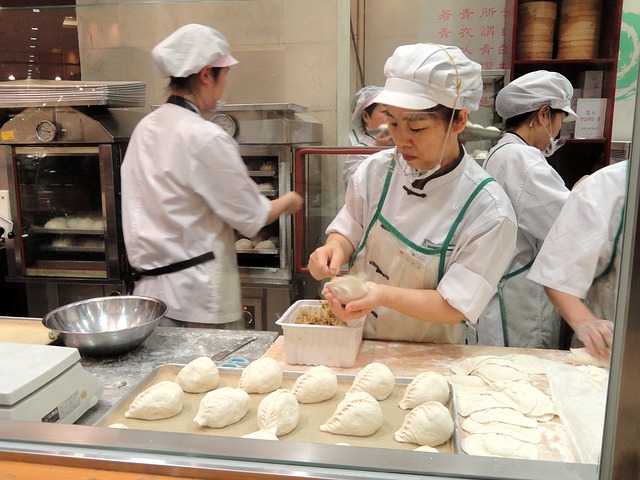Share of the elderly in South Korea's workforce overtakes the young

There are now more people aged over 60 in the South Korean workforce than people in their 20s, according to official government figures released on Sunday.
The figures show that some 4.2 million South Koreans over the age of 60 were either employed or actively seeking work in 2017, overtaking the corresponding figure of 4 million for those in their 20s.
The findings reveal the scale of the demographic challenges facing one of Asia’s most successful economies. They follow the announcement in December that there were more deaths than births in South Korea for the first time in the country’s history.
“South Korea is the fastest aging country in the world. The mean age of workers has been increasing rapidly, from 36 in 1999 to nearly 42 in 2016. This means the labor force has gotten older by an average of 0.3 years every year,” says Jungmin Lee in IZA World of Labor. “This trend is driven by demographic changes including decreasing fertility rates and increasing longevity.”
The issues presented by demographic change are being compounded by severe levels of elderly poverty, which are forcing many pensioners back into the workforce.
It is estimated that close to half of the country’s population over the age of 65 is affected by poverty. This rate has been attributed to South Korea’s high life expectancy yet minimal state pension provision.
“This pension system was partially introduced in 1988, but it did not cover all citizens until 1999. The relative newness of this system means there are still a significant number of citizens who have not contributed enough to their pensions,” said Jungmin Lee.
“Employment-friendly social welfare programs for this demographic group are necessary, at least until the national pension system becomes fully effective.”
Challenges are not limited to the elderly, however, with youth unemployment standing at around 10%.
The figure reveals that South Korea is finding it difficult to find jobs for a highly educated youth population that has little interest in pursuing the blue-collar work of previous generations.
Read more articles from IZA World of Labor on the aging workforce.
Contact a topic spokesperson.